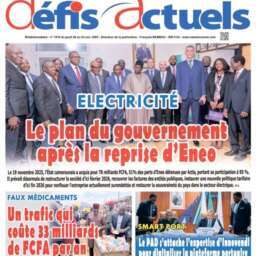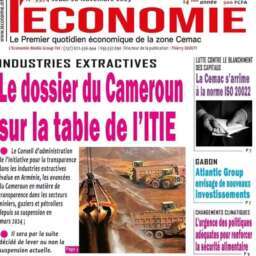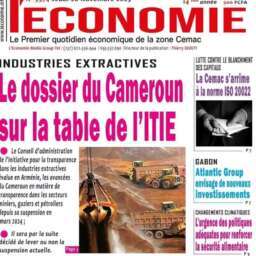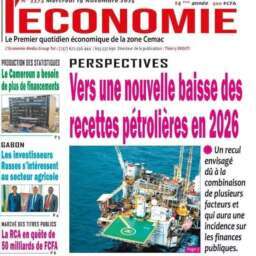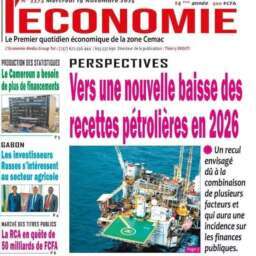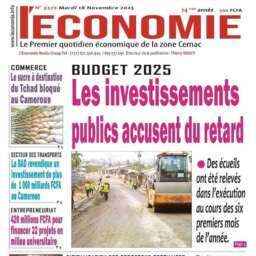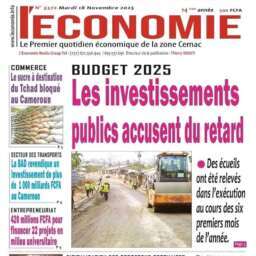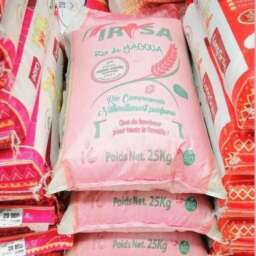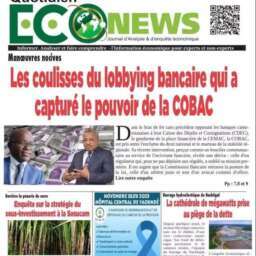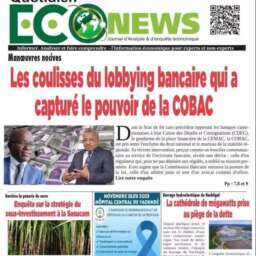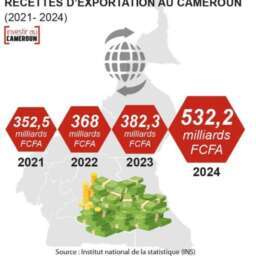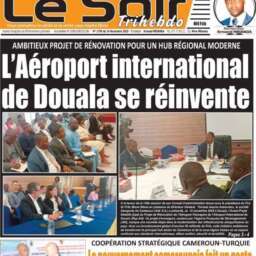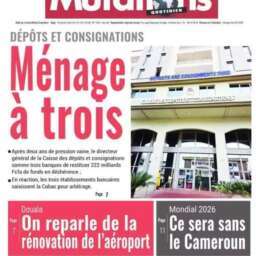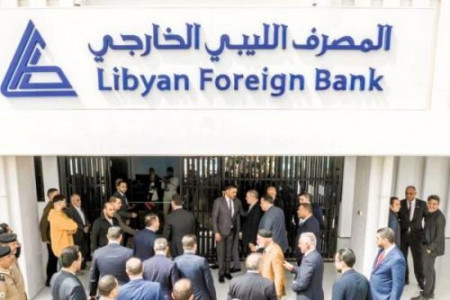(Business in Cameroon) – The Nkout (2.7 billion tons) and Ntem (98 million tons) iron ore deposits in southern Cameroon are at the heart of a legal and financial battle. At the center of the dispute is Cameroon Mining Exploration (Caminex), the local subsidiary of the bankrupt British group International Mining and Infrastructure Corporation (IMIC).
The control of Caminex is being contested by two parties: Libyan Foreign Bank (LFB), a subsidiary of the Libyan central bank and IMIC’s main creditor, represented in Cameroon by Elias Pungong; and Caisse Capital Ltd, an investment firm owned by Cameroonian billionaire Colin Mukete, who was also a financier of the British group.
At the heart of the dispute are the legality of LFB’s claim to IMIC’s shares in Caminex and the true amount of financing invested in the exploration of the Nkout and Ntem deposits.
According to Elias Pungong, LFB’s takeover of Caminex was a result of a London court decision. He asserts that after IMIC went bankrupt and could no longer repay its debts, LFB, as the main creditor, went to court in London. The court ruled in favor of LFB buying all of IMIC’s shares, making the Libyan bank the majority shareholder of Caminex.
This version is disputed by other creditors, including Caisse Capital. Its lawyer, Etah Akoh, claims that “the London court only went so far as to pronounce the liquidation of IMIC and appoint a liquidator.” He insists that by law, only a Cameroonian court could rule on the shares of a local company like Caminex. “In claiming otherwise, Mr. Pungong has lied, and we plan to sue him for false testimony,” the Caisse Capital lawyer said.
According to Etah Akoh, the London court could not have awarded the Caminex shares to LFB in any case, since the Libyan bank was only one of IMIC’s creditors. He stated that LFB was fully aware of Caisse Capital, which had injected $5 million into the project. “LFB made contact with us, and discussions took place,” he said. “How, under these conditions, can the bank now want to seize IMIC’s assets in Caminex for itself?“
In response, Elias Pungong said LFB’s $200 million claim against IMIC justified its status as a “senior debt,” or priority claim. “False,” Etah Akoh retorted. “From a legal standpoint, it’s not the amount that matters, but the structure and guarantees. A bank that lends $10 million with a mortgage takes precedence over one that lends $100 billion with no security.” In a Nov. 22, 2024, letter to the Minister of Mines, Industry, and Technological Development, Etah Akoh’s firm, Etah-Nan & Co, informed the mining authority that “LFB’s intrusion in Caminex’s affairs has no legal basis.”
Conflicting Claims Muddle Battle for Iron Ore Assets
The dispute also extends to investment figures. LFB claims that IMIC invested more than $400 million in exploration activities at Nkout and Ntem, financed by loans taken out by IMIC to fund Caminex’s activities. Sources say LFB claims the bulk of these investments in documents submitted to the Cameroonian government. LFB also acknowledges a $5 million debt owed to Caisse Capital by IMIC.
Contacted by Business in Cameroon, Elias Pungong claimed that LFB granted nearly $200 million in loans to IMIC and its subsidiary Affero Mining. He also stated that IMIC raised another $200 million on the London Stock Exchange to finance its activities in Cameroon, bringing the total invested in the country to over $400 million. He said the funds were used to acquire machinery, cover headquarters costs, and conduct exploration studies on the two mining sites.
However, these figures diverge from those advanced by Gordon Partnership, IMIC’s legal counsel. In a Feb. 21, 2018, letter to LFB, the London-based firm detailed its client’s debt situation. “In summary, IMIC owes LFB approximately $81 million and other creditors $70 million. Its subsidiary Affero owes LFB nearly $94 million,” the letter read. In other words, IMIC’s total debt would amount to $245 million, of which $175 million is owed to LFB. The law firm makes no mention of the $200 million IMIC allegedly raised on the stock exchange.
The difference of $155 million between the claimed investment and the debt figures fuels suspicions of fraud.
Caisse Capital alleges that the $400 million in investments put forward by LFB is fraudulent. According to its lawyer, no tangible proof has ever been provided for the financing LFB claims it provided through IMIC to Caminex. “A mining project that receives 224 billion CFA francs would inevitably leave visible traces. Yet at the time of IMIC’s bankruptcy, Caminex was buried under more than 2 billion CFA francs in tax debts, had 160 million in unpaid wages, had lost its offices, and was trying to sell a few vehicles to pay its employees. Its workforce was limited to a few workers abandoned in the bush due to lack of pay. Is that the face of a company that would have absorbed nearly $400 million? Certainly not,” Etah Akoh said.
Caisse Capital shares the position that only a small portion of the $175 million borrowed by IMIC and Affero Mining was actually used for the project. “Based on my experience as a lawyer in this sector, the monthly costs of such a company do not exceed 30 to 50 million CFA francs. Over three years, even including laboratory analyses in London or Canada, expenses could not have exceeded 15 billion CFA francs per permit. How then can you explain the 224 billion CFA francs announced by LFB? These figures are implausible.”
Despite the disagreements, LFB is claiming a central role in the management of the Cameroonian permits and is attempting to convince the government in Yaoundé to grant it a mining convention.
Caisse Capital argues that this is merely a maneuver to erase its own status as a creditor. Colin Mukete’s firm maintains that its $5 million loan to IMIC should entitle it to a stake in any future convention. It is firmly opposed to an agreement being signed for the sole benefit of Caminex and LFB, which it accuses of artificially inflating its contributions. “LFB is not a mining company. Its strategy is to deceive the Cameroonian government and then find a buyer who will acquire Caminex to recoup the $400 million it claims to have invested. This investment is fictitious,” Etah Akoh charged.
A Test for Cameroon’s Business Climate
The Ministry of Mines, however, seems favorable to resuming discussions with Caminex and LFB. This prospect alarms Caisse Capital, whose lawyer has threatened to go to Cameroonian and international courts to have any convention signed under these conditions annulled. “LFB and Mr. Pungong can try to obtain a mining convention with government support. I cannot prevent them from doing that. But I can, and I will, initiate legal proceedings to annul any convention signed on such a false basis. And once the proceedings begin, no serious lender will take the risk of financing this project,” said Caisse Capital through its legal counsel.
Beyond this standoff between creditors, the future of two of Cameroon’s most significant iron ore deposits remains uncertain. The government, having been solicited by LFB for a mining convention, will have to arbitrate a case that involves not only millions of dollars but also the credibility of the country’s business climate.
Baudouin Enama & Frédéric Nonos




